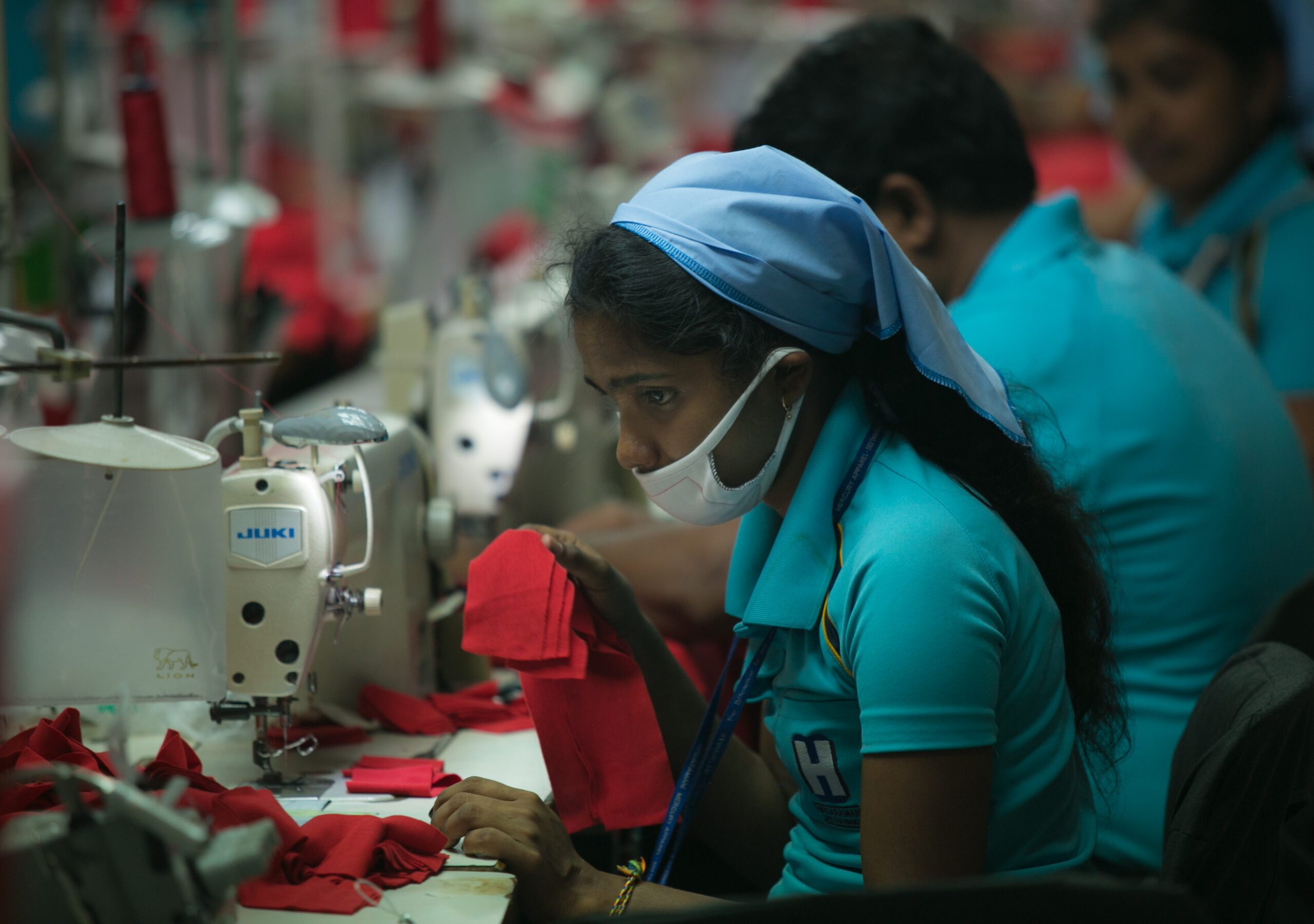
Fast Fashion is Out, Slow Fashion is In
“Fast fashion is out, Slow fashion is in.” A quote I had come across on this particular site called, Remake. A group of fashion enthusiasts who believes style and ethics go hand in hand. They created a social movement “Slow Fashion is In” in bettering the lives of the women who make our clothes, to diminish the standard “fast fashion” in the industry. The more people are informed and aware of how our clothes are made, the better choices we can make when buying clothes. “While slow fashion brands are more expensive, our community has found that brands that are built to last actually save you money over time.”
Remake set high bars for the fashion they showcase as well as the brands they feature who are committed to their makers and the planet. They believe in:
Maker Wellbeing
Fair Wages
Ethical Factory Practices
Sustainable Raw Materials
Leadership in Climate Change
Water Stewardship
Waste Reduction
Brands who support the movement “Slow Fashion is In” are proactive in their steps to reduce negative environmental impacts from fashion production and promoting maker safety, rights and healthcare.
These are the brands who are activists in the movement:
Reformation
Patagonia
Prana
Eileen Fisher
People Tree
Levi’s Water<Less
Nudie Jeans
Veja
Nisolo
Pact Apparel
Naja
Facts about fast fashion:




- 75 million people work to make our clothes, 80% of them are women between the ages of 18 and 24.
- 100 pairs of human hands touch our clothes before we see it in stores or online.
- It takes a garment worker 18 months to earn what a fashion brand CEO makes on their lunch break. Many of them earn less than $3 per day.
- It takes 2720 liters of water to make a t-shirt- that’s how much we normally drink in 3 years.
- 13 trillion tons of textiles are sent to US landfills annually
- Most clothes sit in landfills for 200 years leaving toxic chemicals to contaminate soil and groundwater.
Another factor that Remake pointed out was those precious bargain prices we so very often make the run, hurt the makers and our planet. You can visit Remake to learn more about the movement, ethical fashion, stories behind the people making your clothes and what irresponsible brands that are contributing to the fast fashion. Awareness is the first step to making a change. Let’s make slow fashion the new industry standard.
*All Photos & Quoted Facts Courtesy of Remake




